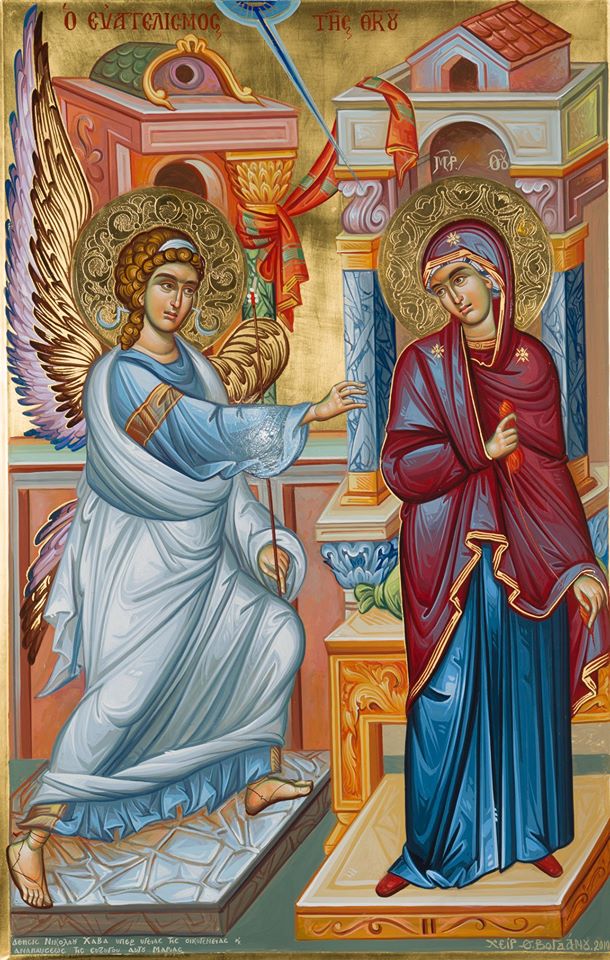For many Greek people, when they think of March 25th the concept of freedom comes to mind.
Every year, Greek Independence Day is celebrated on March 25th to honour the start of the Greek Revolution in 1821. It highlights the end of occupation by Ottoman rule in Greece and is a significant part of its history.
To mark the significant day, people throughout Greece, Australia and other parts of the world can be seen attending memorial events for the heroes of 1821, going to church, luncheons, having young kids dress in blue and white or traditional costumes and parade, raising Greek flags and performing poems and speeches.
In many parts of Australia, major buildings in capital cities can be seen lit in blue and white, and Greek flags are on display.

The biggest event for Greek Independence Day in Greece takes place in Athens, where a parade and formal ceremony is held and attended by officials and armed forces.
Although March 25th marks a significant day in Greek history, did you know it also coincides with a religious celebration?
The Annunciation of the Theotokos
March 25th is also the religious commemoration or celebration of the Annunciation of the Theotokos – one of the Twelve Great Feasts of thechurch. This day recognises when the Archangel Gabriel appeared in front of the Virgin Mary and told her that she would be the bearer of the son of God – Jesus Christ.

This event took place nine months before Jesus Christ was born on December 25.
To mark the religious aspect of the double celebration, people named Evan, Evangelia, Evangelos, Eva, Angelina, Evangeline, Angela, Vangelis, Vangos and many more celebrate their name days, parades are held and traditional food is eaten.
People often hold feasts with their loved ones for the Annunciation of the Theotokos, where they consume ‘bakaliaros’ which in English translates to cod fish. This is also due to March 25th falling during the Lent period, so people abstaining from meat can enjoy a traditional alternative.

